The following are tools and resources I personally use to keep my mental health on an even keel. This list will grow and change over time, both as I continue my own growth and as I remember tools that have been important to me over my 50+ years' work on myself.
Resources
-

Insight Timer App
Insight Timer app contains 210,000+ guided meditations, courses, events, and music tracks from 17,000+ teachers around the world. There is a great deal of free content, and additional content becomes available if you choose to pay for “Plus” content (I haven’t needed to do so). My favorite tracks for sleep are Jennifer Piercy’s yoga nidra recordings. I’m constantly trying out new recordings here, so watch for more recommendations!
-

Specific Insight Timer tracks
Some specific tracks I enjoy:
“For First Responders on the Drive Home From Work”: I’m not a first responder, but my nervous system does get activated as part of my work, and this recording helps me end my work day and transition to home. I recommend this track and others for anyone seeking a ritual for that transition.
“Color Breath Meditation”: a guide for noticing your body and experimenting with moving sensations around via breath work.
“Trauma-Sensitive 54321 Grounding Exercise”: this is an easy exercise to do on one’s own to get grounded, but it’s also nice to be led through it.
-

Betwixt App
The Betwixt app is a choose-your-own-adventure experience that gives the user a sensually beautiful opportunity to get to know oneself in a new way. This app was developed using psychological principles woven into storytelling and game play that, should you be interested, are explained after each “chapter” is completed. It is gorgeously presented, it is effective, and, according to their website, can lead to reductions in anxiety stress. “Unlike most mental health apps, Betwixt is backed by rigorous research. An independent study (pending publication) found that playing for two weeks can reduce anxiety and stress from moderate to normal levels – equivalent to 8 weeks of daily meditation with one of the most popular apps on the market.”
-

Book: Setting Boundaries That Stick
I admit to a bit of a therapist’s crush on Jules Taylor Shore. I’ve gotten to witness her recently in a couple of trainings, and here’s my takeaway: human, real, compassionate, wicked smart, and vulnerable. Whew - what a mix that is! When she’s feeling touched by something, her tears are there and she’s not afraid to show them. Something about that willingness to be with her own feelings and parts is so beautiful. I haven’t yet finished reading her recent book, honestly, but it’s so good I want to go ahead and put it on this list: Setting Boundaries That Stick. She breaks it down - the why and how to set a boundary that sets us all up for success.
-

IFS Poetry
If you’ve been with me in therapy for a minute, or if you’re familiar with the IFS way of thinking, I think you’ll enjoy this book of poetry. I’m not clear whether Jeff Foster is trained in IFS, but his poetry rings with it. You Were Never Broken: Poems to Save Your Life.
-

Understanding the Nervous System
Robyn Gobbel has done the thing I didn’t even know I wanted to be able to do: she’s synthesized polyvagal theory, Interpersonal Neurobiology (IPNB), parenting research, and a lot more. That’s her thing - making research accessible and usable. I just recently dipped a toe into her podcast for parents and professionals, The Baffling Behavior Show, and because she so seamlessly points us in the direction of other resources, I found the place I actually wanted to start: the Start Here podcast. This is a series of 10 podcast/webinar episodes that take us through what’s going on with our kids’ and our own nervous systems. It is from there, she says, that behavior starts. Understand the nervous system to understand behavior. If you only listen to the first of those (which is, honestly, as far as I’ve gotten so far), you’ll understand yourself and your kids so much better.
-

Getting the Most from Therapy
Dr. Tori Olds is a psychologist with a gift for demystifying therapy concepts. Her YouTube videos are just lovely! There are 45 or more of them, some geared toward clients and some more specifically for therapists. The link below takes you to her full list, and I recommend browsing to see what appeals. There are videos on how to go deeper in therapy, individual and series videos describing therapeutic approaches (the playlist describing IFS is WONDERFUL), and one or more on memory reconsolidation (the science behind how change happens now when the experiences that guide our behavior are in the past). Most are short – great for a commute or while running errands.
-

RAIN meditation
RAIN: Recognize, Allow, Investigate, and Nurture - this is an elegant and soulful approach to being with our parts. Tara Brach is a wonderful psychologist, spiritual teacher, and author.
-

Movies: Inside Out and Inside Out 2
When Inside Out 2 came out recently, I made sure to rewatch the first one again before seeing the second, and I recommend that. Maybe you’re not an animated movie kind of person, and I still recommend these two. Especially if you aren’t familiar with IFS/parts work, this can be a good starting point for discussion. The movies show how we can have multiple motivations and feelings at the same time, how our parts can work together (and bring conflict into the system), and how unconscious memories help develop our ways of being in the world.
-

How trauma gets passed down
This article, The Big Idea: Can You Inherit Memories From Your Ancestors?, was published in the Guardian in June 2024, though the experiments discussed come from 2014. They give an elegant description of how trauma can pass from one generation to the next, a concept I have a lot of curiosity about. There are several techniques to use in handing back what doesn’t belong to us - ask me about it!
-

Rejection Sensitive Dysphoria
RSD and ADHD often go together. I appreciated hearing these therapists - who also have RSD themselves - discuss the science and treatment of Rejection Sensitive Dysphoria. Podcast runs 1:21
-

Dopamine
I own Dopamine Nation and haven’t read it yet, but may be more likely to do so given this interview with the author, Dr Anna Lembke. Lots of good information here on what dopamine is, why we seek it, and how to stop.
